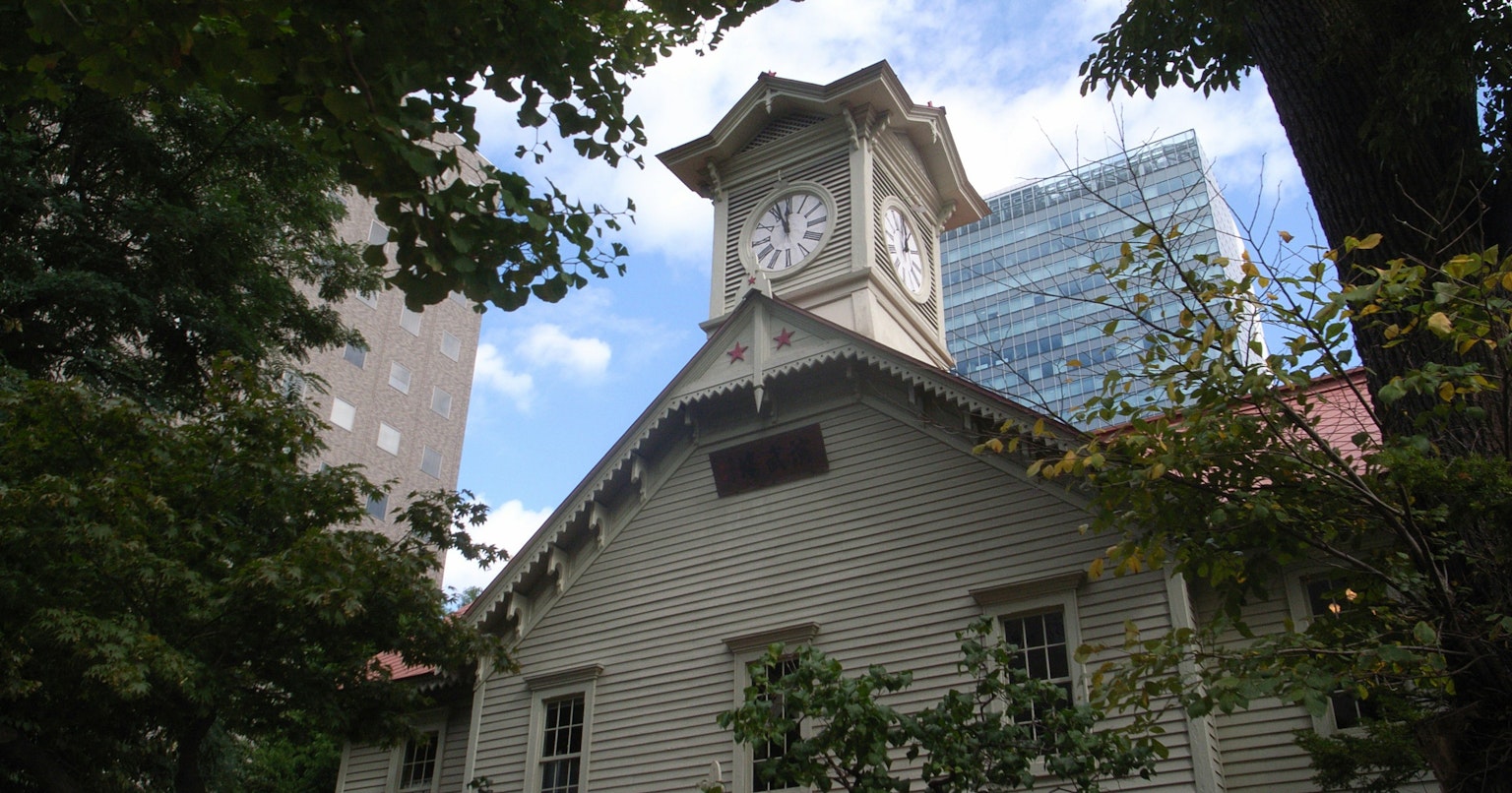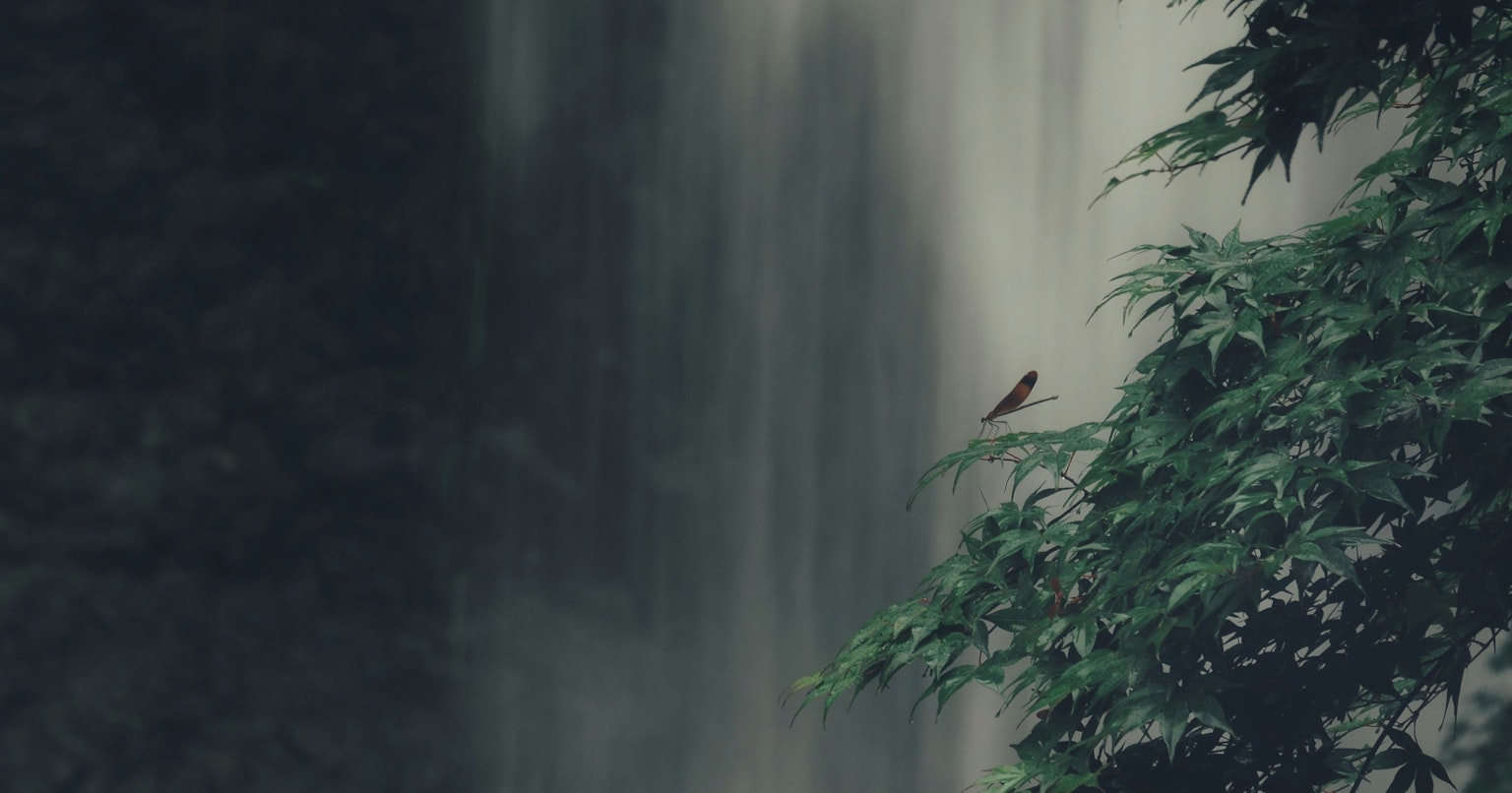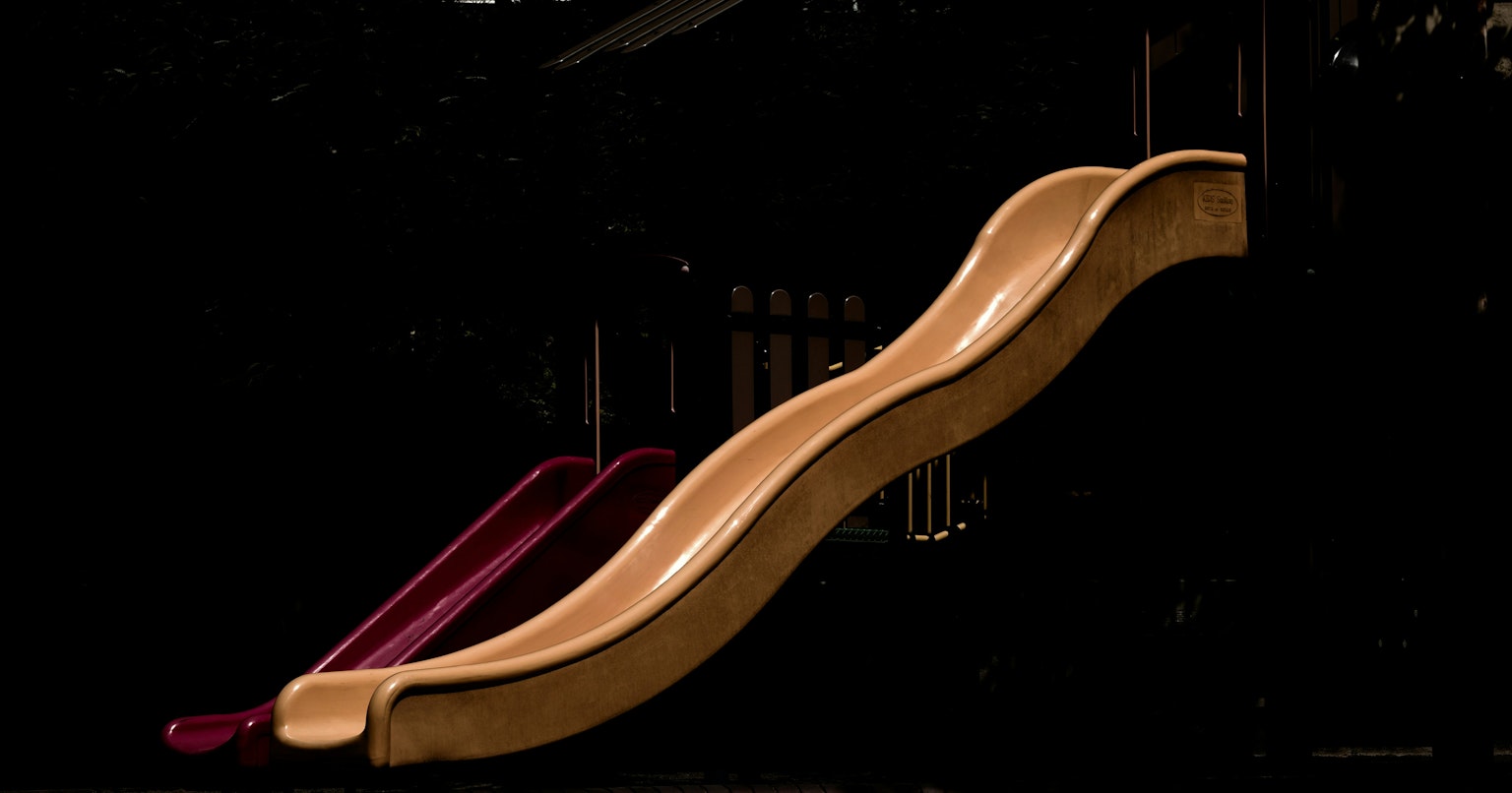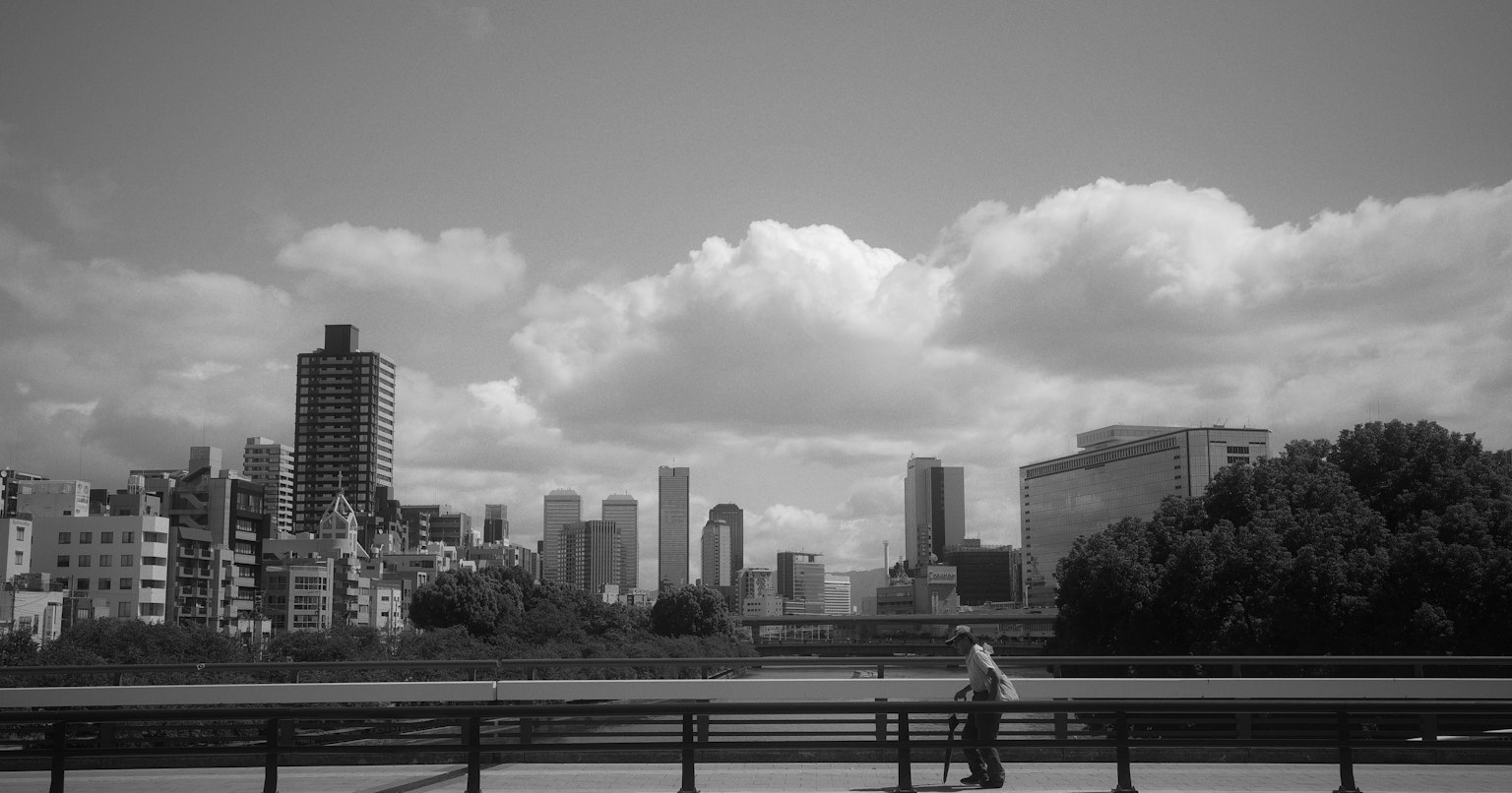Why Are Snapshots Called 'Snap'? The Essence of Photography from Its Origins | Knowledge #282
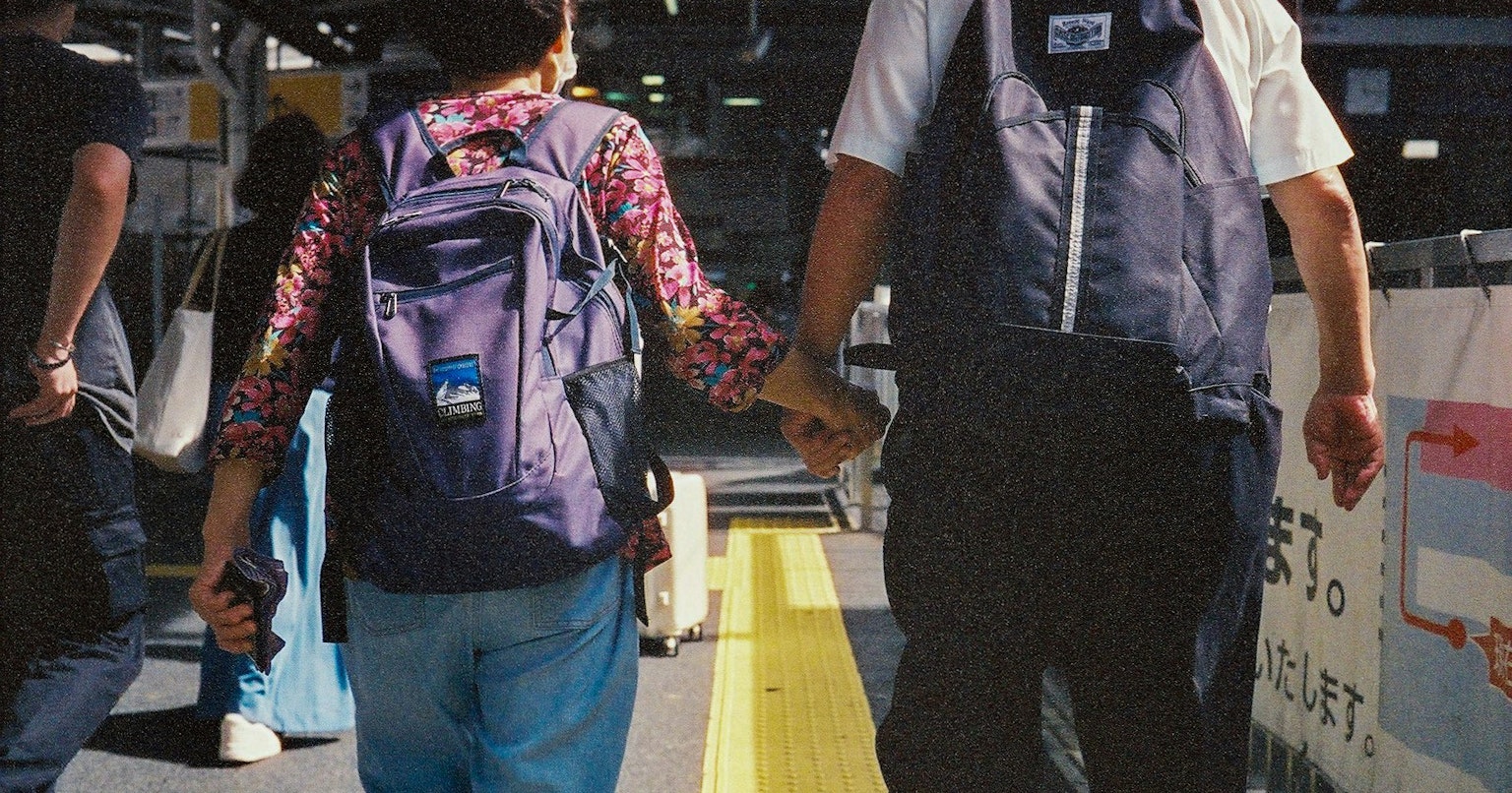
Cover photo by mumei ksm
The term 'snapshot' is something we use casually. Whether with a smartphone or a DSLR, this expression, which captures everyday moments, holds a profound meaning and history.
Why is it called 'snap'? By exploring its origins and cultural background, you might start to see the world around you a little differently.
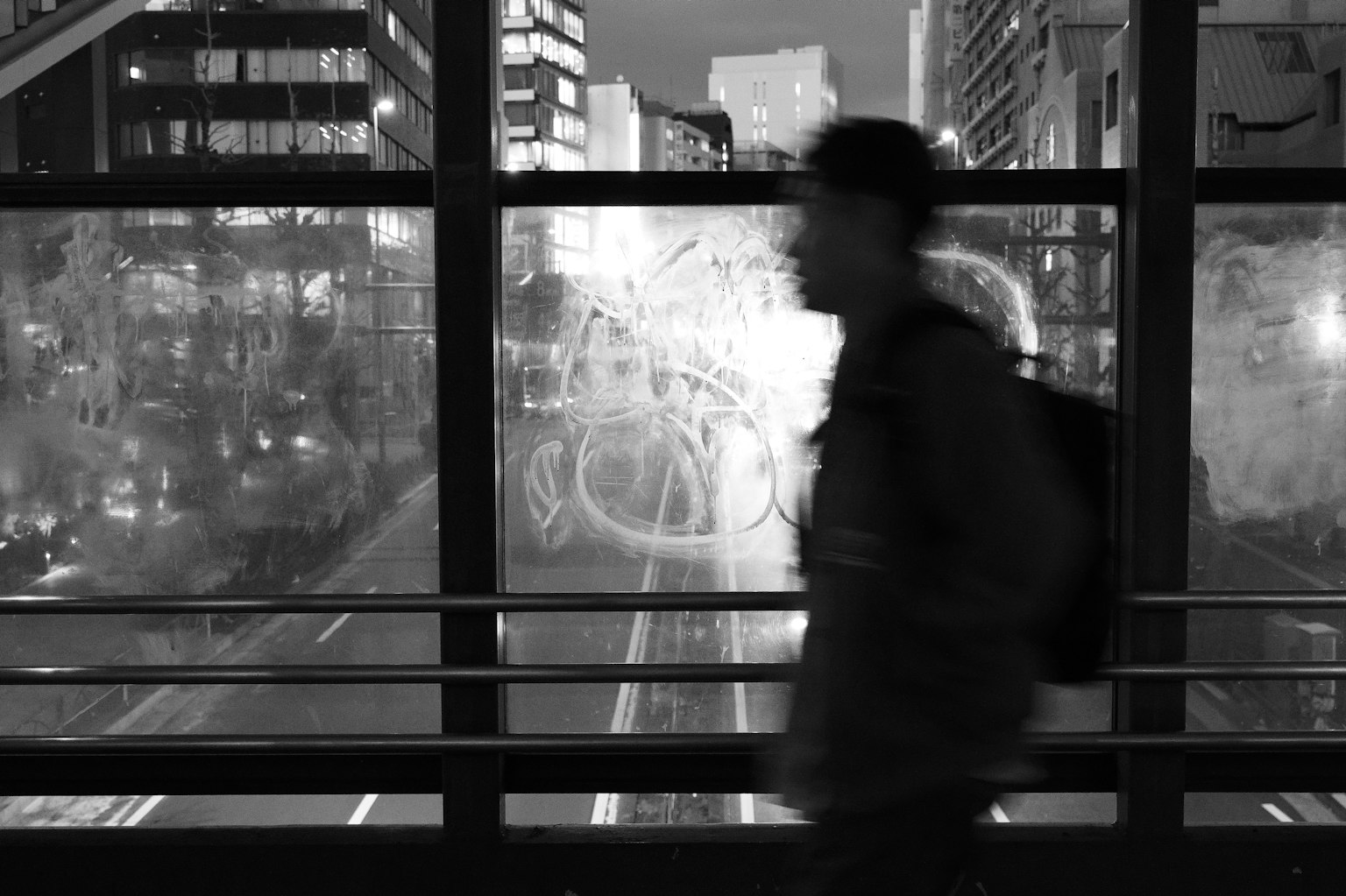
Photo by umisora
The 'Snap' Comes from the Feeling of a Quick Shot
The word 'snap' originates from an English onomatopoeia, representing quick actions or sounds like 'click' or 'snap.' In the 19th century, hunters used the term 'snap shooting' to describe quick firing, which was later adapted to cameras.
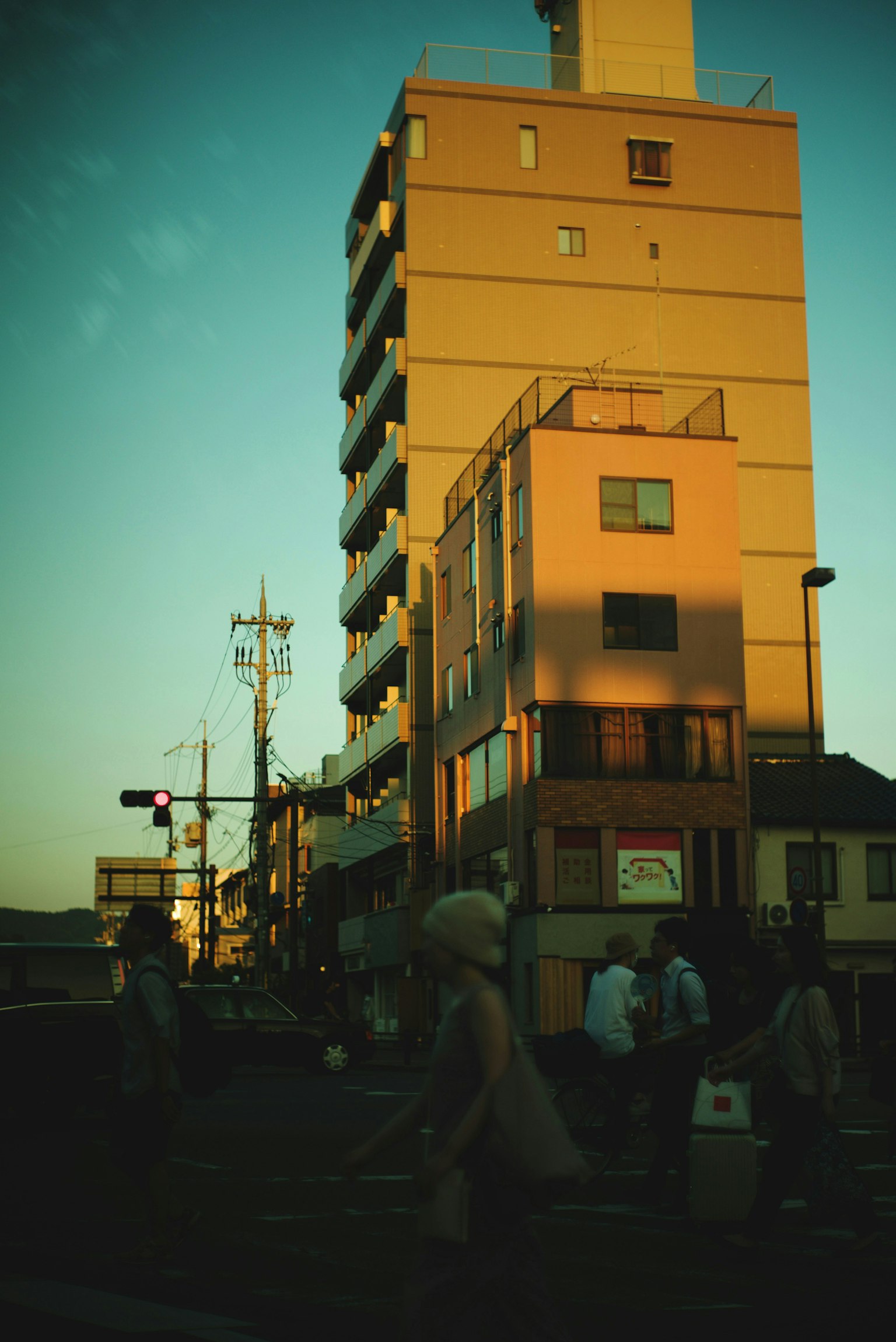
Photo by Yukihiro
Photography at the time required large equipment, but with the advent of compact cameras, the act of quickly 'snapping' a photo became common. This led to the widespread use of the term 'snapshot,' which has since become an integral part of our lives as 'snap photography.'
The Connection Between Snapshots and Street Photography
Snapshots are closely tied to street photography. Capturing fleeting moments in urban landscapes or the casual gestures of people allows photographers to document the atmosphere and emotions of an era, making it incredibly appealing.
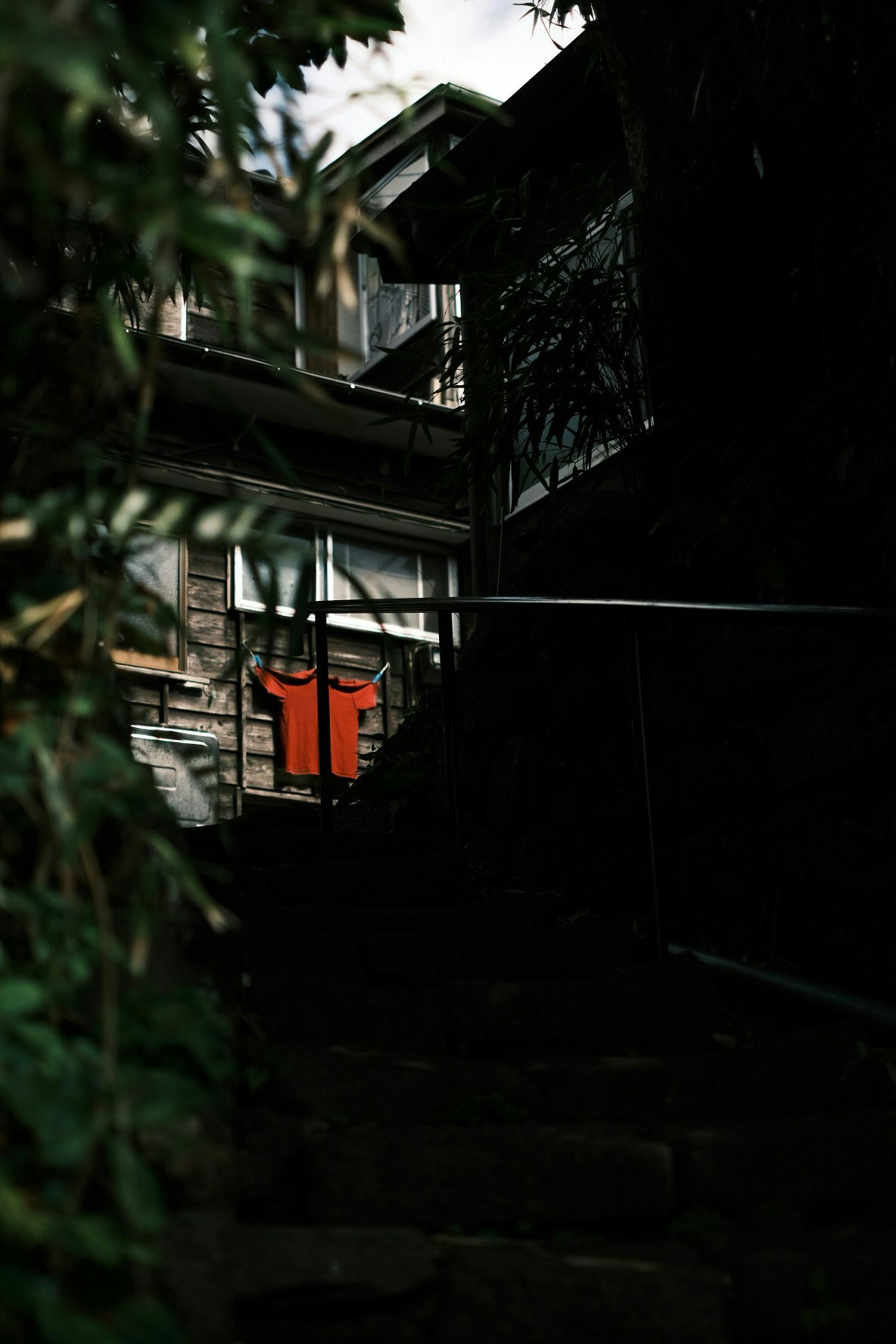
Photo by 月うさぎ | Runa
Rather than pre-arranging compositions or lighting conditions, the style of diving into a situation and capturing it embodies the essence of the word 'snap.' In the digital age, where editing and post-processing are common, the value of recording 'moments as they are' through snapshots is being rediscovered.
Techniques to Maximize the Appeal of Snapshots
Today, advancements in smartphones allow anyone to take high-quality snapshots, but using a camera can enable richer expressions. For instance, a wide-angle lens can dynamically capture the expanse of a city, while adjusting the shutter speed can create striking photos that highlight motion.
That said, it's essential to focus on 'settings that let you react to the moment you want to capture.' Location is also key. Busy intersections, views through café windows, or train stations at dusk—unexpectedly picturesque moments often hide in plain sight.
